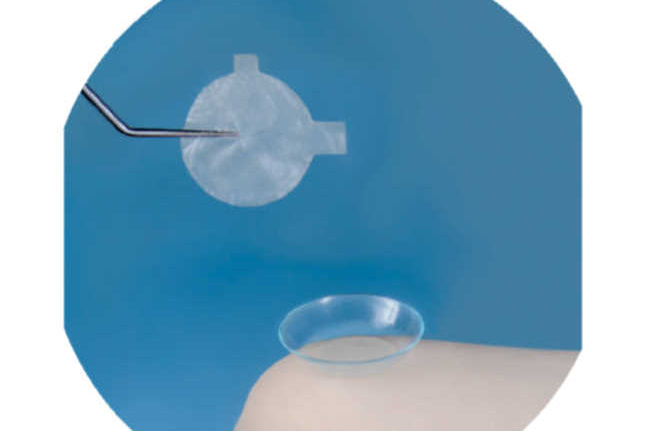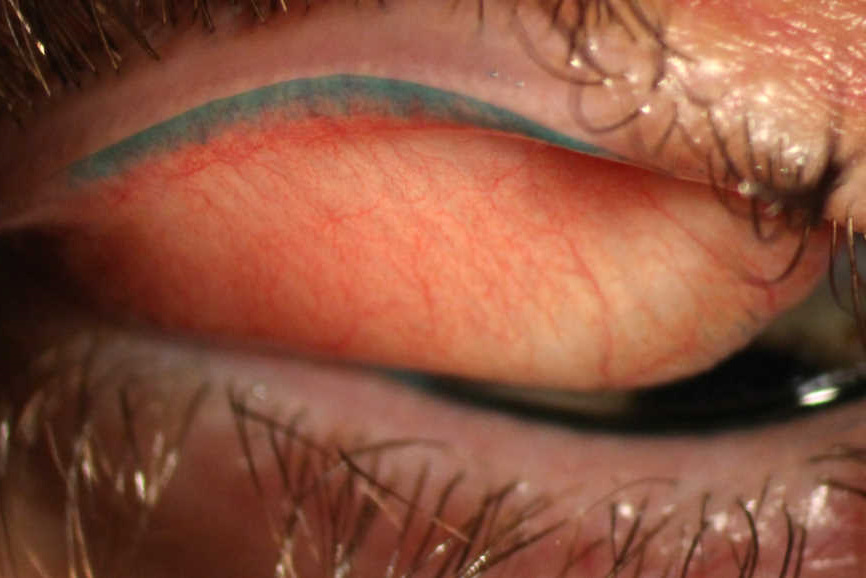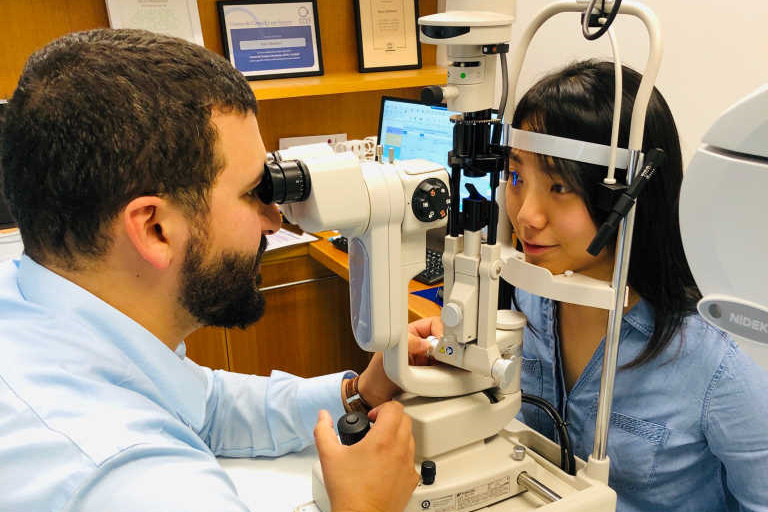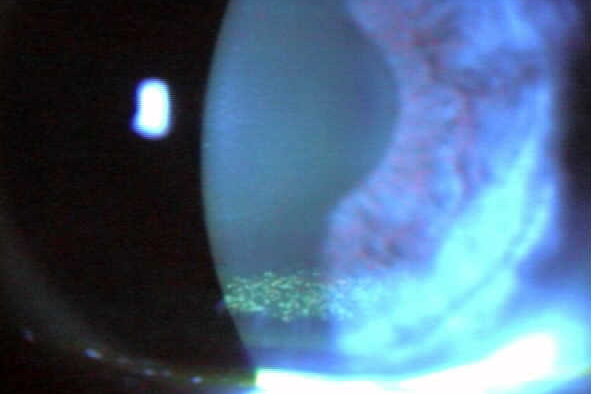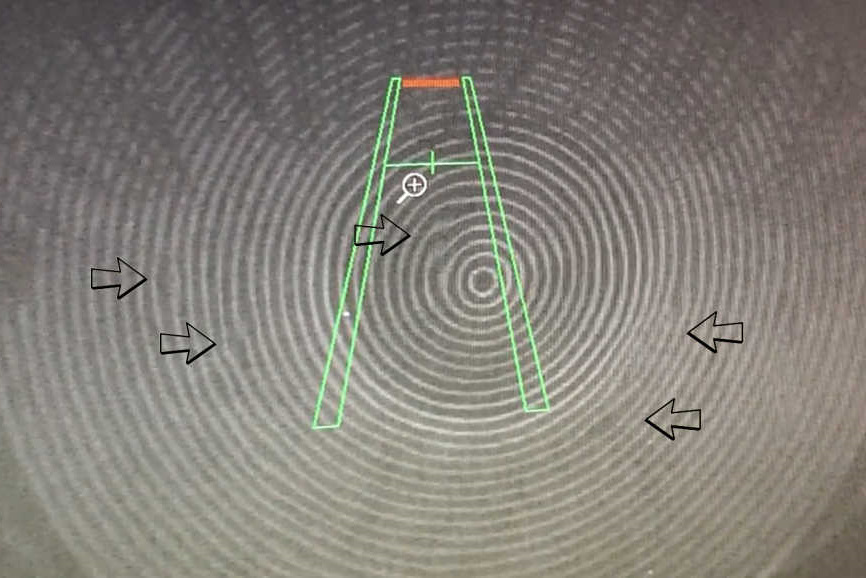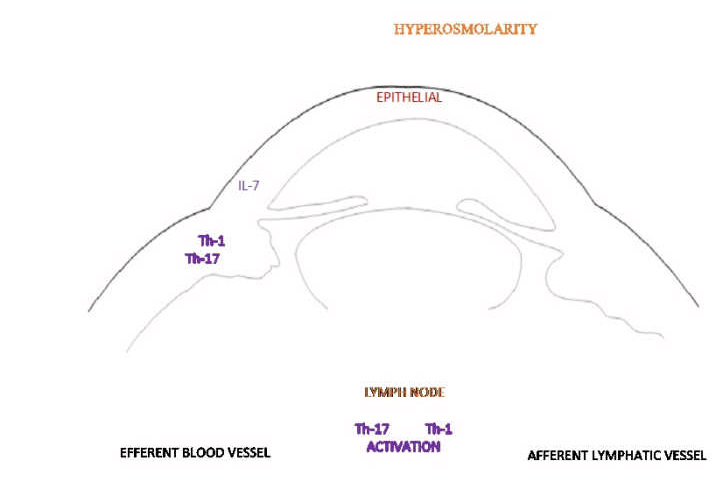Dunedin Study: dry eye update
The Dunedin Multidisciplinary Health and Development Study is a large longitudinal study investigating human health, development, ageing and behaviour, based on a population-representative cohort born in 1972 to 1973. The study tracks more than 1000 participants throughout their lifetimes and the current phase involves assessments conducted at the age of 45, including, for the first time, a dry eye evaluation. The large multidisciplinary study is uniquely placed to address a number of significant gaps in the existing dry eye literature, as identified by the TFOS DEWS II epidemiology subcommittee, including the lack of population-based prevalence studies from the Southern Hemisphere, as well as the limited scientific evidence investigating modifiable and non-modifiable risk factors of dry eye disease.
Data collection for the dry eye arm of the Dunedin Study has recently been completed. Preliminary analysis shows the prevalence of dry eye disease in the study cohort is approximately 13%. Interestingly, a further 34% of participants exhibited clinical signs of tear film homeostatic disturbance but remained asymptomatic.
Further analysis will be conducted with the completion of the other components of the Dunedin Study and will explore the potential associations between systemic medical conditions and dry eye disease, characterise modifiable and non-modifiable risk factors for dry eye development and investigate ocular surface and tear film parameters as possible biomarkers for the ageing process.
Dr Graham Wilson is a Gisborne-based ophthalmologist and principal investigator for all eye-related matters on the Dunedin Study. A/Prof Jennifer Craig and Dr Michael Wang are based at the Ocular Surface Laboratory at the University of Auckland.












